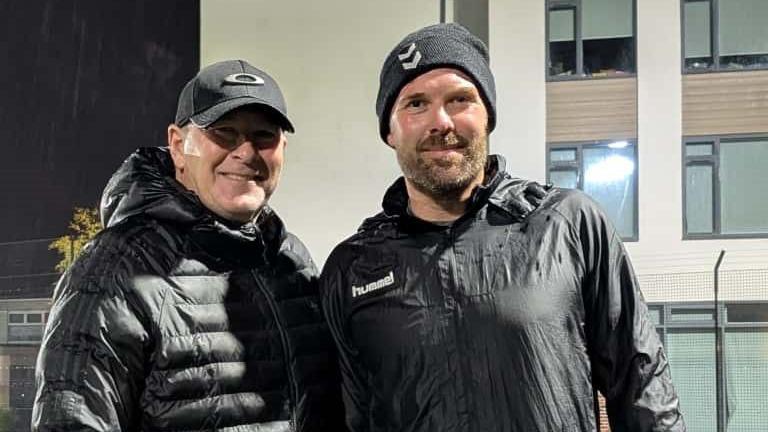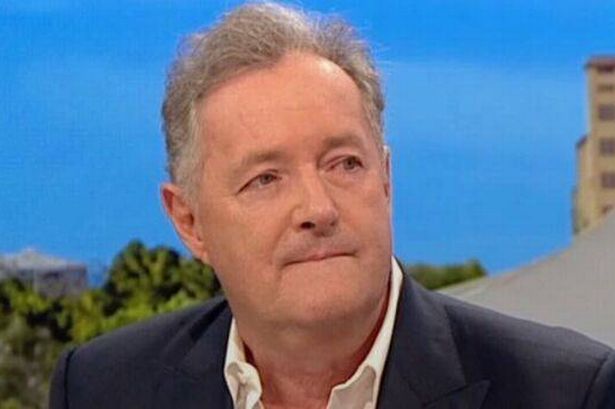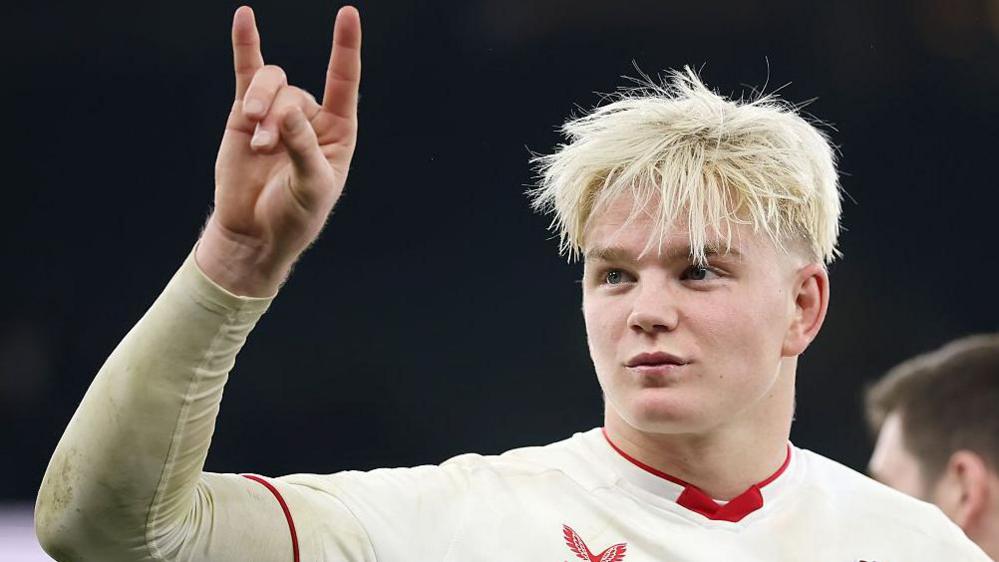Football is littered with fathers and sons who have pulled on the same shirts for the same clubs during their playing careers, or sons who have played under their manager fathers professionally.
But how many father-son duos can claim to have managed a team together?
It is what helps make Craig and his son Scott Laird, co-managers of ninth-tier outfit Street FC, unique.
The pair were appointed last month by the Western League Premier Division side following the departure of former manager Ben Watson.
“For Scott and I to be able to do this is fantastic, it’s a dream come true,” Craig told BBC Radio Somerset.
Former Preston and Stevenage left-back Scott has been at the club for the past 18 months as a player and assistant manager under Watson.
And when Watson left earlier in the autumn, Scott knew just the person to bring in to work alongside him in the dugout.
“We wanted someone to come in who believed [in] what we were doing, understood how we wanted to play, the same philosophy, the same mindset and this man [his father] was the only guy who could offer what we wanted,” Scott, 37, said.

Football is very much in the Laird family.
Craig began his career working at Plymouth Argyle and has managed non-league clubs including Weston-super-Mare and Bridgwater Town.
Scott, one of four brothers, had a prolific career across the EFL, most notably with Preston, who he won promotion to the Championship with in 2015.
His brothers Callum and Jamie have played at non-league level, while another brother, also called Craig, has played at university level in the United States.
Craig Sr and Scott are early into their managerial tenure together – with one win, one draw and one loss from the past three league games – but they are working in “sync”.
“I’m sure we’ll have some disagreements,” Scott said. “At the moment, we do see the game the same way, we try to recruit the same players we believe in – we’re having to do it at the moment to bring a few players in.
For Craig, the job is a chance for a role reversal to learn from his son as well.
“Probably growing up Scott listened to me, how I felt football should be played and that’s probably embedded itself in him,” Craig said.
“He’s gone off and had other experiences which he now brings and I can learn from as well.”
As for Scott, the poignancy of starting his journey into football management alongside his father is not lost on him.
“He was [there] at the start of my career, now at the end of my playing career and start of my coaching career – it’s a nice full circle moment to come round,” Scott said.
Related topics
- Football
- National League



